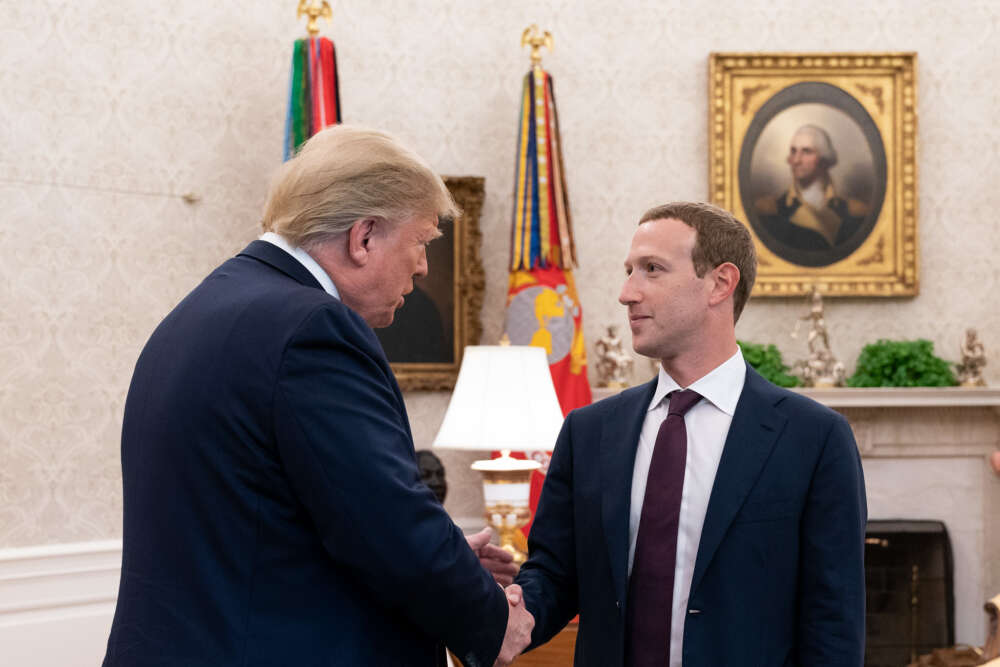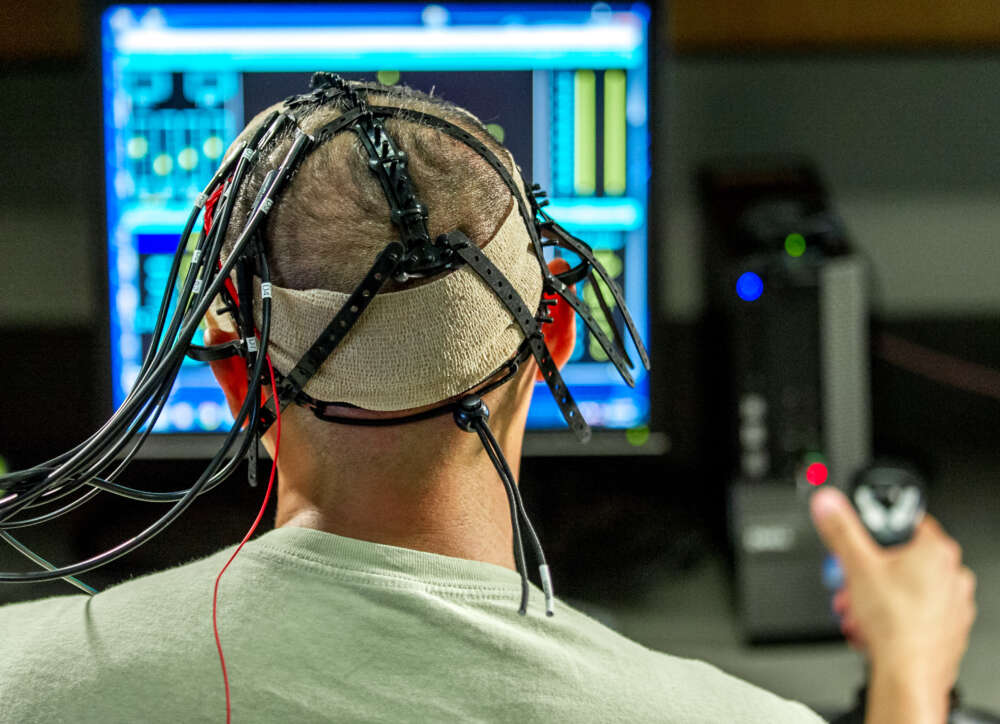Reform, Especially in Times of Terror

He would be forced to “close up shop.” With these words, Gerhard Schindler, head of the German Federal Intelligence Service (BND), warned against a substantial reform of the agency, implying that stronger regulation of the BND would harm its ability to provide security to Germany. After the recent terrorist attacks in Paris and Brussels, however, it seems that Schindler’s fears have made their way to the German government. According to media reports, the reform of the BND – originally announced at the beginning of the year – is currently on hold.
This decision fails to recognize that a comprehensive reform of the BND is particularly necessary for strengthening national security. New regulations could help the BND and its employees to work with greater legal certainty, better define the agency’s mandate and lay the foundations for targeted capacity building where needed. As a side effect, a concerted reform effort could increase the legitimacy of the BND, which has been lurching from one scandal to the next in recent years.
The first key area in need of reform is the parliamentary oversight of intelligence activities. The oversight regime dates back to the 1990s, a decade that seems technologically antiquated from today’s perspective. Nevertheless, the composition of the relevant bodies – the Parliamentary Control Panel (PKGr) and the G10 Commission – has not changed significantly since then: the PKGr still has nine members, the G10 Commission only four. They are responsible for monitoring not only BND’s thousands of employees, but also the German domestic intelligence service (BfV) and the Military Counterintelligence Service (MAD) – a daunting task, all considered.
Moreover, the PKGr does not directly monitor the BND; rather, it is limited to reviewing the government’s oversight activities concerning the agency. The government decides mostly on its own which information it will relay to the PKGr. Wolfgang Nešković, a former judge at the Federal Court of Justice and a longtime member of the PKGr, compared this situation to the case of a “defendant who can decide on the extent of the evidence.” Not surprisingly, inspectors regularly learn about cases of maladministration from investigative journalists – not from the federal government.
A reform of the oversight regime could resolve these structural deficiencies without limiting the core work of the BND. The oversight committees should be reinforced with qualified experts who have the necessary technical and legal knowledge. The information rights of parliamentary inspectors should be more clearly defined. Appropriate sanction mechanisms should be created for cases of misconduct by intelligence services.
These measures must be complemented by a reform of the legal basis for the BND’s so-called “strategic signals intelligence.” Sufficient legal authorization of the BND’s core activity – the mass collection of communications data abroad – is virtually nonexistent. There does exist a provision that regulates strategic signals intelligence activities, but all it says is that the BND is authorized to collect and evaluate information necessary for the acquisition of knowledge on foreign countries that are important to German foreign policy and national security interests – nothing could be vaguer. The consequence is unfettered executive authority. In the words of a BND employee during a hearing before a parliamentary investigation committee, data resulting from communications abroad are considered “fair game.”
As it stands, the provision is constitutionally questionable and poses a grave danger to the BND. According to Matthias Bäcker, professor of constitutional law at the University of Munich, the “legal vacuum” in which the BND operates would likely collapse if brought before the Federal Constitutional Court. The German government should prevent such a situation and reform the legal basis of strategic signals intelligence. To start, the government should create precise legal requirements. It can also specify procedural rules and permit requirements without needing to shut down the BND.
Such measures are necessary not only from a constitutional and democratic point of view. The attacks in Brussels have made painfully clear yet again the importance of intelligence services and their work. At the same time, ongoing developments in technology are constantly creating new challenges for intelligence services. In order to confront these developments with the appropriate financial and human resources, German intelligence agencies must be controlled effectively and need a solid legal foundation as well as the greatest possible legitimacy.
To fight against terrorism means not least to uphold the rule of law. The German government must have the courage to move forward on its reform of its intelligence service.
…
This is an updated English version of a commentary originally published by Der Tagesspiegel on April 1, 2016.







